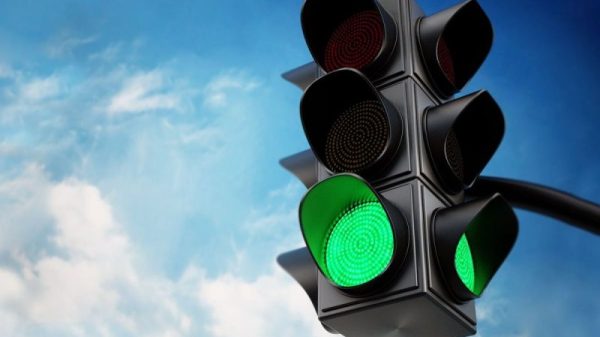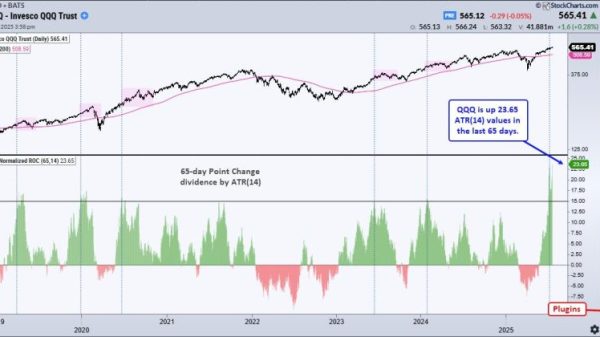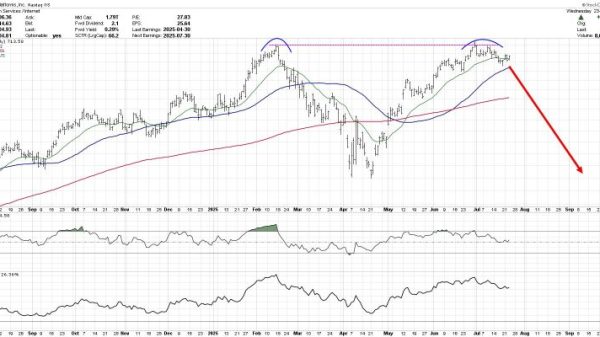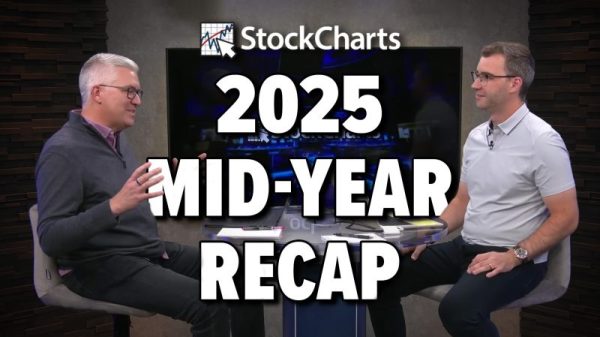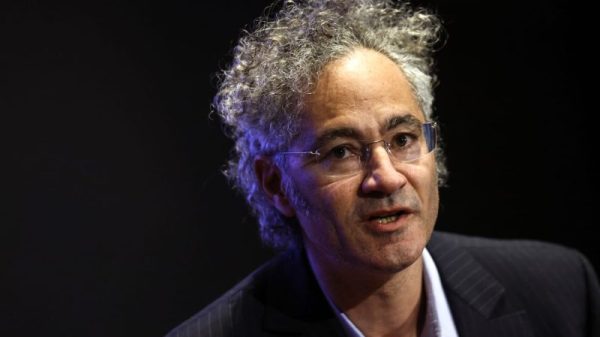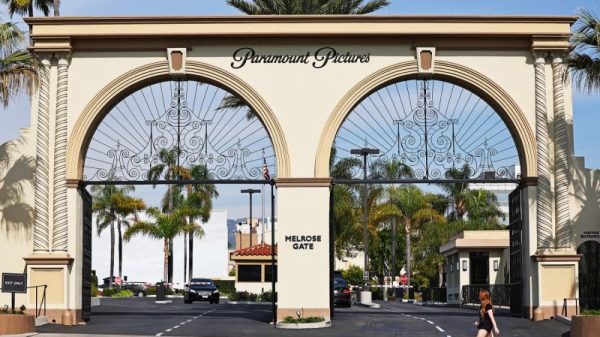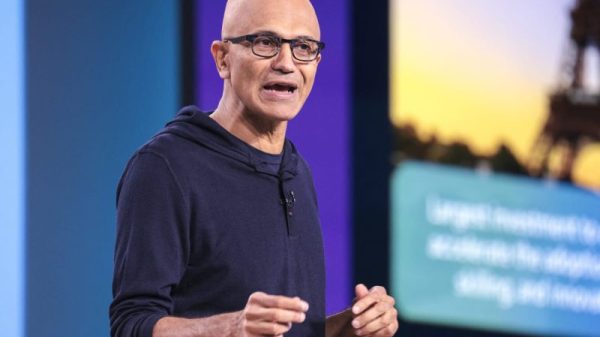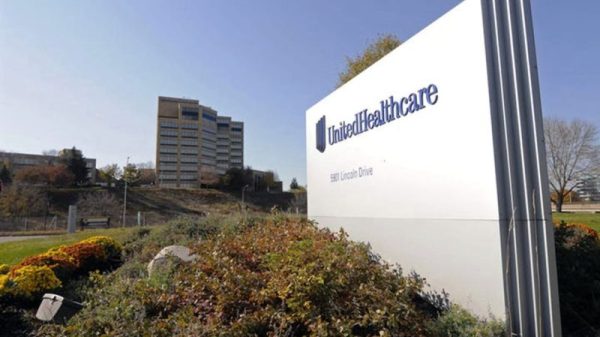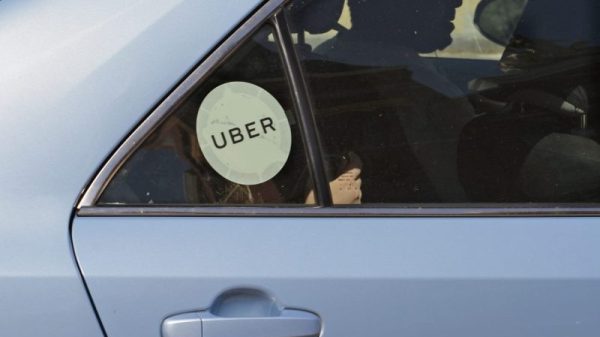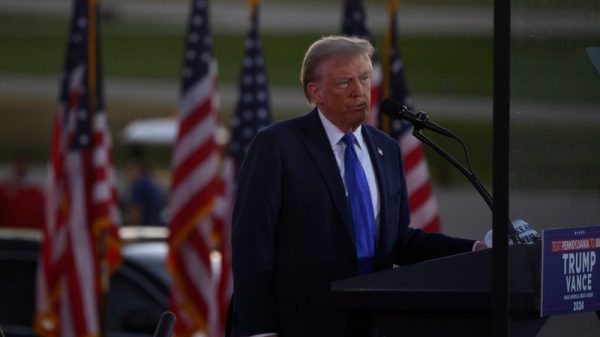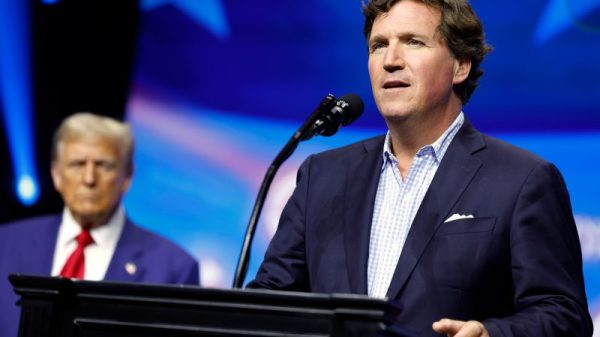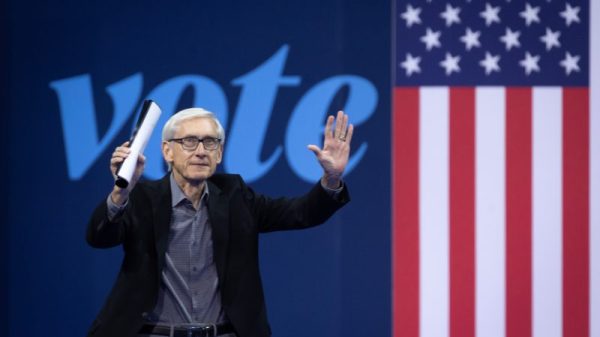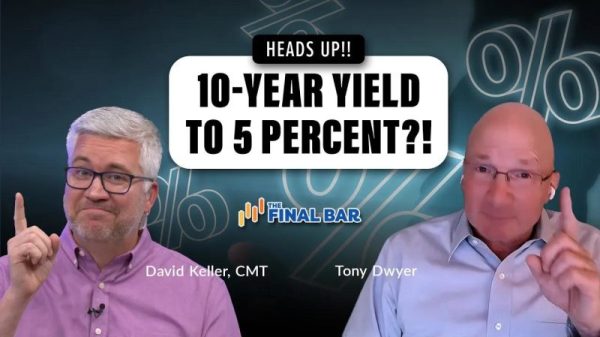It’s easy to forget, given what unfolded four years later, the extent to which Donald Trump once claimed that he’d been the victim of voter fraud when he won in 2016.
As was the case in 2020, his primary motivation was vanity. He was unquestionably pleased to have won the presidency, in part because he got to prove his doubters wrong. But it was frustrating that Hillary Clinton got more votes. So he pretended she hadn’t, amplifying nonsense about illegal votes in California and other places, claims that didn’t get much sustained attention because (1) they were obviously wrong and (2) it didn’t matter anyway.
Soon after taking office, though, he made an assertion worth revisiting. Speaking to a group of senators as he prepared to fill the Supreme Court vacancy he had inherited, Trump reportedly mentioned that he believed he would have won New Hampshire if “thousands” of people had not been bused into the state from Massachusetts to vote there.
This was obviously not true. It was obviously not true first of all because it didn’t make any sense; New Hampshire had backed the Democrat in five of the six prior elections, including supporting Barack Obama twice by at least five percentage points. It was obviously not true, too, because busing thousands of people requires a lot of buses — a movement of buses that somehow escaped documentation. And it was obviously not true because analysis quickly demonstrated that it wasn’t. Trump had simply lost in the state.
But this is how it works with Trump. He makes vague claims and, when he can, elevates “evidence” in support of those claims, although the evidence often proves illusory or contrived. Since one goal in 2016 in particular was to preserve his sense of his popularity, proof was less important than the sense that fraud maybe happened.
In 2020, of course, everything metastasized. It wasn’t simply about the vibe but about retaining power, so Trump fought hard to project this idea that the election had been stolen. He didn’t talk about New Hampshire very much, focusing instead on the five states that flipped from red to blue between the two elections. But he was relentless, pounding on the idea that the election had been stolen despite no credible evidence of voter fraud.
It worked. Polling from CNN, conducted by SSRS, has consistently found that belief among Republicans that the election was stolen sits north of 60 percent. Some of those Republicans think there’s solid evidence that Joe Biden’s win was illegitimate, while others simply suspect that it was. The net effect is the same. Most Republicans think that Biden’s win was suspect.
Washington Post-Monmouth University polling released Friday shows that even in New Hampshire, where electoral fraud claims were debunked (including by a former chairman of the state Republican Party), most Republicans who are likely to be primary voters think that the 2020 election was suspect. It’s not only that they suspect Biden’s win was illegitimate, using the vague language of the CNN poll. The Post-Monmouth poll presented a choice between Biden’s winning fair and square or winning because of electoral fraud — and 55 percent chose the latter.
As you might expect, most of those who support Trump in the primary — 85 percent of them — think that Biden won because of fraud. Interestingly, so do more than a quarter of those who prefer a candidate other than Trump.
Not everyone who thinks Biden won because of fraud supports Trump, though; about a quarter of them support some other candidate. (In other words, a quarter of those who think there was fraud back a non-Trump candidate, and a quarter of those who back a non-Trump candidate think there was fraud.) The takeaway is clear: This is largely but not entirely about fealty to Trump’s politics.
It’s important to reiterate that there is just no good evidence that this fraud occurred. Few questions have been examined to the same great extent while reaching as robust a conclusion. For three years, Trump and his allies have hunted for something that could prove him right about the election, and for three years they’ve come up dry.
Just this week, in fact, we got a new reminder of just how flimsy Trump’s claims were even at the outset. Video of testimony from his former attorney Sidney Powell was made public, and in it she was asked about Trump’s views of fraud claims.
“All his instincts told him he had been defrauded, that the election was a big fraud,” she says at one point in the video footage.
A man — presumably working for the Fulton County, Ga., prosecution team, asks Powell if Trump “ever point[ed] to any kind of proof or evidence or anything he was getting from his other attorneys or experts.”
“Well,” Powell says, “he talked about, you know, seeing the vote totals roll backwards on TV.”
This is so dumb it makes my brain hurt. If you need a thorough debunking, here, but just consider that this is like pointing to the scoreboard operator’s accidentally recording a layup as a three-point shot as evidence that the game is fixed.
All of the evidence offered in support of the “fraud” argument has been at or near this quality. Yet, three years later, more than half of likely Republican primary voters in a state that prides itself on its political sobriety think that fraud actually occurred in 2020. It’s not about the evidence but the sense that there’s a broad array of power arranged against the American right, of which 2020 is just one ostensible manifestation.
Unsurprisingly, then, Donald Trump has a wide lead in the state’s upcoming Republican primary election.




